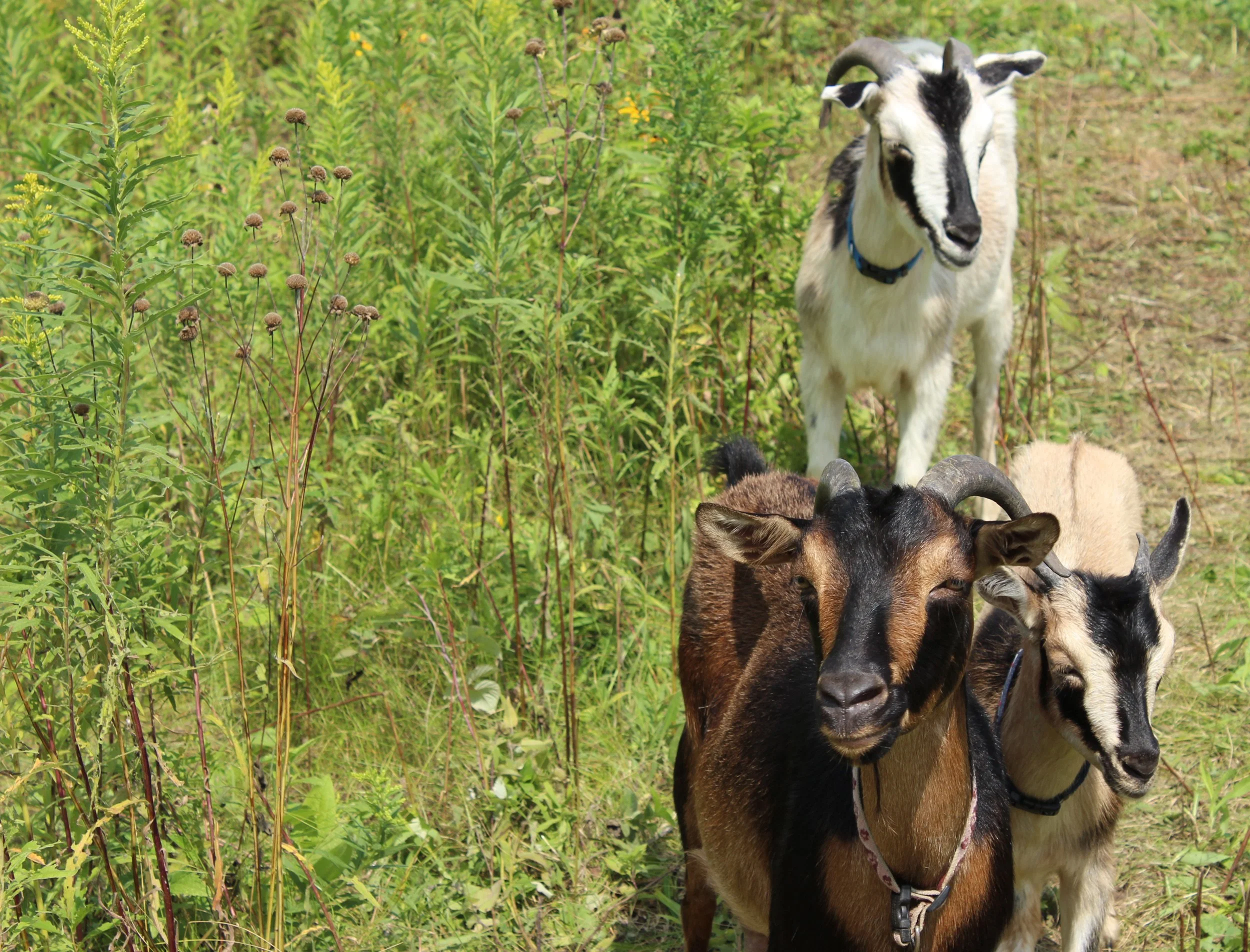
Community-led Efforts to Cool Urban Heat Islands
The effects of climate change are becoming harder to ignore. Already we are experiencing its effects on Minnesota’s ecosystems and individuals. For example, Minnesota’s average annual temperature has increased by nearly 3°F since 1895, and 2023 has been a warmer-than-average summer so far. Although these effects can be felt throughout the state, they are felt more intensely in urban heat islands. Read on to see what we can do to reduce the harmful effects of urban heat islands and improve quality of life in these communities.

Latino Conservation Week: Interview with Huellas Latinas Founder Luisana Méndez
Latino Conservation Week (LCW) was first started in 2014 by the Hispanic Access Foundation. This year, Great River Greening is thrilled to partner with Huellas Latinas for our LCW Pollinator Monitoring Field Day on Tuesday, July 18 at Crosby Farm Park in Saint Paul. We even got the chance to chat with Luisana Méndez (she/her/hers/ella), Founder and CEO of Huellas Latinas, about her passion for nature, what led her to founding Huellas Latinas, and more!

Soil is Vital to Mitigating Climate Change in Minnesota
Did you know that addressing soil health is crucial in the fight against climate change? Healthy soil plays a vital role in mitigating the impacts of climate change by sequestering carbon, storing water, and making land more resilient. On the flip side, degraded soil actually exacerbates climate change. That’s why restoring and maintaining soil health is a powerful climate solution.

Our Not-So-Secret Weapon in the Fight Against Invasive Species – Goats!
If you’re hiking through Lebanon Hills Regional Park in Eagan or Schwarz Pond Park in Rosemount this month, you just may run into some unexpected park visitors…

From our Executive Director: Join me for No Mow May!
The idea around No Mow May is simple: don’t mow for the month, allowing flowering “weeds” to grow and provide a food source for early pollinators. It’s a campaign that Great River Greening worked with the City of Saint Paul to officially approve this year, removing any ordinance for the month prohibiting tall weeds.

Biochar: How this “Supercharged Charcoal” is Helping Great River Greening Achieve our Vision for 2030
What if there was a way to restore degraded land, mitigate climate change, improve soil and water quality, AND make better use of the waste left behind after invasive species removal? This is essentially the promise of biochar.

Meet Four Black Conservationists Working for a More Just and Sustainable Future
Black conservationists have long been at the forefront of environmental activism, despite facing systemic injustices and institutional barriers that have limited opportunities for African Americans in the field of conservation.
As we celebrate Black History Month, we hope you find inspiration in the stories of Adjany, Washington, Kari, and Savonala—four Black conservationists that are paving the way for a more diverse and inclusive environmental movement.

Great River Greening’s Bold Vision to Combat Climate Change in Minnesota
According to the Intergovernmental Panel on Climate Change, without urgent action to decrease greenhouse gas emissions by 2030 global warming will surpass that critical threshold of 1.5°C in the following decades, leading to irreversible loss of ecosystems, and crisis after crisis for the most vulnerable people and societies.
Which is why in 2023, Great River Greening is launching a bold new strategic vision for our work.

Welcome Aboard
Join us in welcoming three new members to the Great River Greening Board of Directors.

Reflection from the Executive Director: Minnesotans are United
The thing I love about Minnesotans is that everyone has a favorite green space—whether it’s a neighborhood park, a lake for fishing, a cabin in the woods, or a birding spot.
No matter what or where that place is, we are united around our love of Minnesota’s outdoors.
